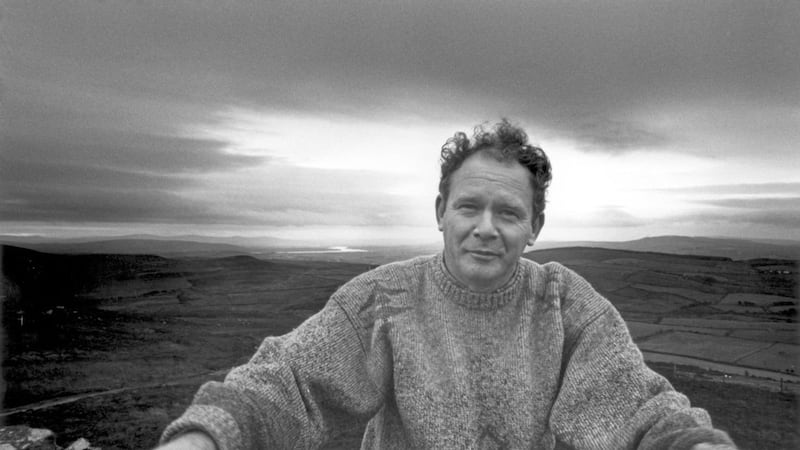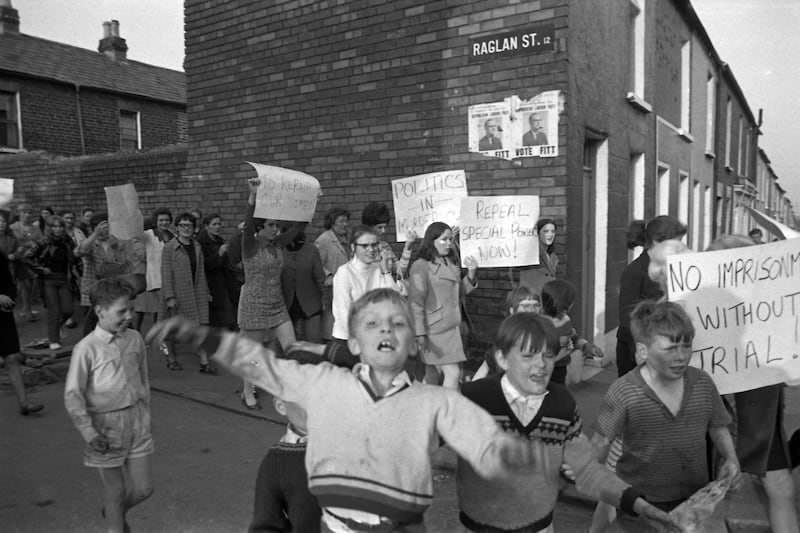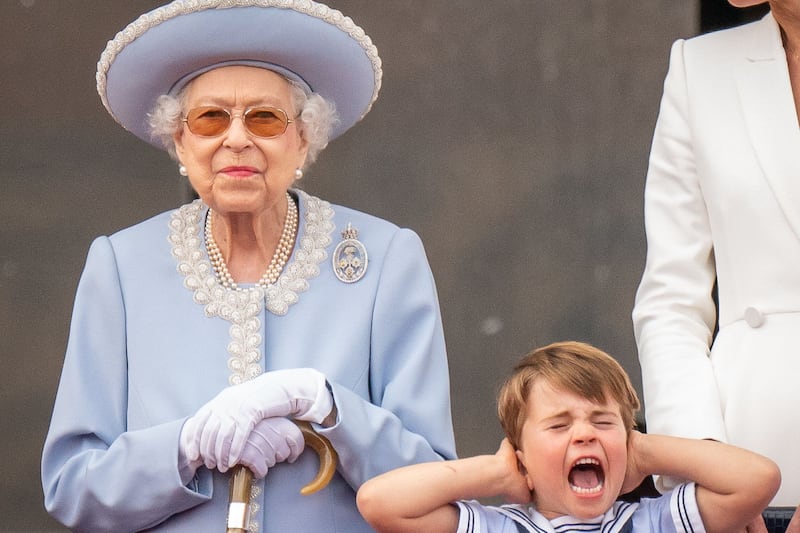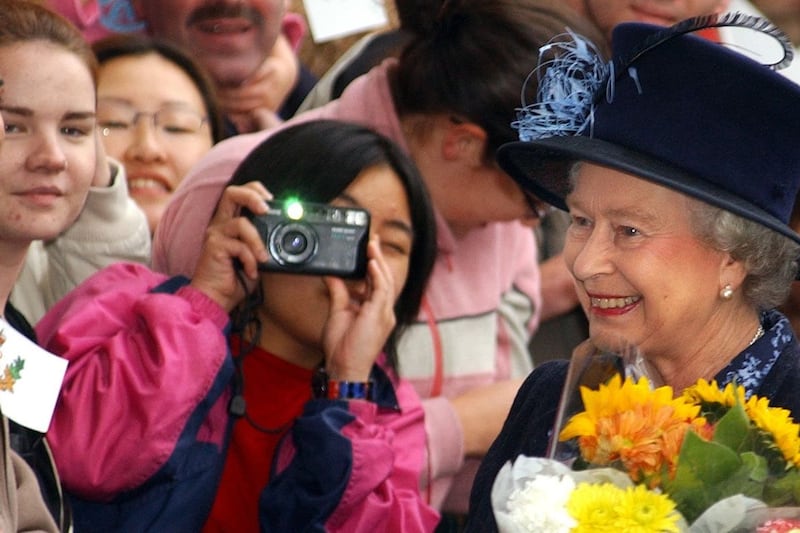MARTIN McGuinness's life in the public eye has been captured in a new photographic book.
The images span four decades, from his emergence as the Troubles erupted through years of peace negotiations and eventually political power, to his final days of failing health and his funeral.
The photographs have been curated by journalist Henry McDonald, who says the book Martin McGuinness - A Life Remembered illustrates how the former deputy first minister's journey from "butcher's apprentice and IRA militant" was "the embodiment of how an entire society can not only survive, but ultimately find a way to move beyond decades of violent political conflict".
They include now iconic images from Bloody Sunday, setting the context for the resurgence of the Provisional IRA.
Victims of the group's violence also feature, including pictures of the carnage caused by the Shankill Road bomb and Fr Alec Reid's administration of last rites to David Howes, one of two British corporals who were killed when their unmarked car drove into the funeral cortège of one of the victims of Michael Stone's Milltown attack days earlier.
Rare pictures showing a young Martin McGuinness with other "hardline republicans" in Derry's Bogside during the years of internment are included, as are images of him meeting Noraid publicity director Martin Galvin, who had defied a British government ban to travel to the city.
Irish-American group Noraid had been accused of being a fundraising arm of the IRA. a claim it denied.
McDonald also notes that photographs in the book, "from the nascent years of Sinn Féin's emergence as a serious political force after the 1981 hunger strike to the early peace process of the 1990s", bear witness to the "sustained partnership and... close (friendship)" between Martin McGuinness and Gerry Adams.
"That partnership was the core axis that kept the Sinn Féin peace process moving forward," he writes.
"There would have been no ceasefires, no end to the IRA's campaign and no decommissioning without both men working in tandem."
Described as "one of the great survivors" of the Troubles, who "did not take a bullet for the cause (and) also escaped long-term imprisonment", his death at the age of 66 from a rare genetic disease was, McDonald says, "a final stop point in a political life that has helped shape the entire island of Ireland as we know it today".








